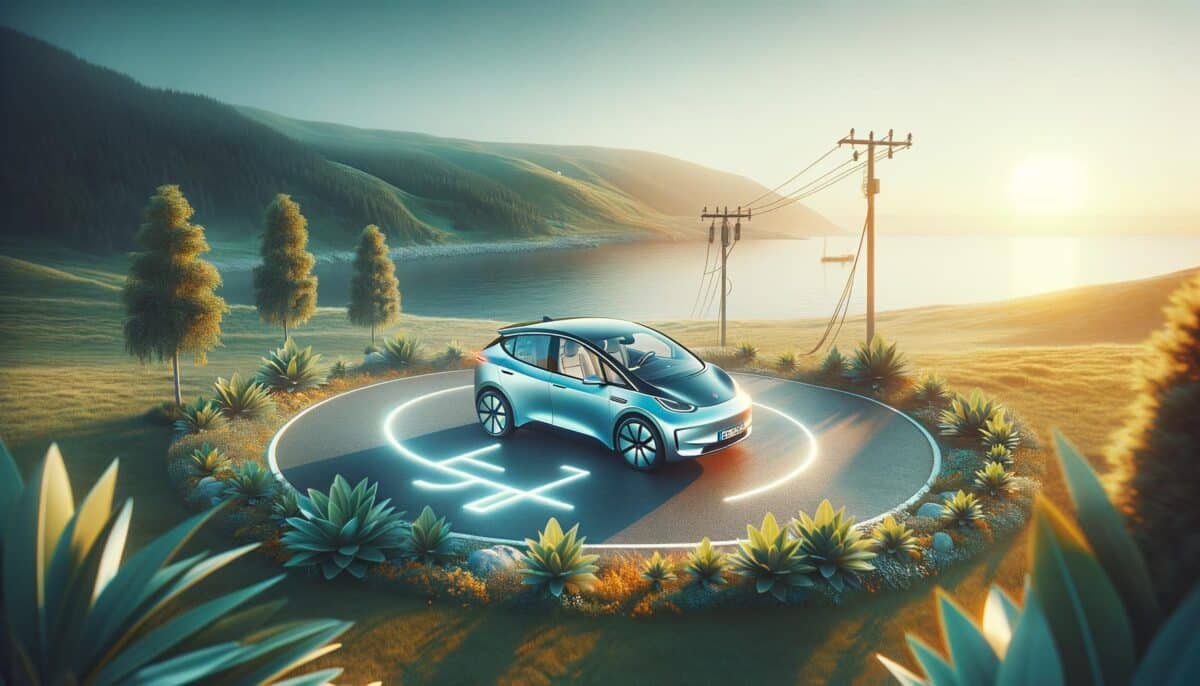The Rise of Electric Cars
Electric cars have seen a significant rise in popularity over the past decade. With increasing concerns surrounding climate change and the need for sustainable transportation solutions, these vehicles have become a focal point for innovation. The surge in electric car adoption is fueled by advancements in battery technology, governmental policies promoting green energy, and a shift in consumer preferences towards eco-friendly options. Electric cars operate using electric motors powered by batteries, unlike traditional vehicles that rely on internal combustion engines. This shift represents a major leap forward in reducing greenhouse gas emissions and promoting cleaner air quality.
Environmental Benefits of Electric Cars
One of the foremost advantages of electric cars is their positive impact on the environment. By producing zero tailpipe emissions, electric vehicles drastically reduce the pollution that contributes to urban smog and respiratory illnesses. The use of electric cars helps combat climate change by lowering carbon footprints. The benefits can be summarized as follows:
- Reduction in greenhouse gas emissions
- Improved air quality
- Decreased reliance on fossil fuels
Furthermore, as the energy grid continues to incorporate more renewable energy sources, such as wind and solar power, the ecological footprint of electric cars will diminish even further. This synergy between renewable energy and electric vehicles holds the promise of a cleaner and more sustainable future.
The Economical Edge of Electric Cars
While the initial purchase price of electric cars might appear higher than that of their gasoline counterparts, a closer look reveals substantial long-term savings. Electric cars have lower operational and maintenance costs for several reasons:
- Reduced fuel costs since electricity is generally cheaper than gasoline
- Fewer moving parts leading to lower maintenance requirements
- Government incentives and tax rebates for electric vehicle purchasers
The cost-effectiveness of electric cars makes them an attractive option for budget-conscious consumers looking to benefit from both financial savings and environmental stewardship.
Technological Innovations Fueling Growth
Technological advancements play a crucial role in the development and growth of the electric car industry. The focus has been on improving battery efficiency and expanding the driving range of electric cars. Recent breakthroughs in solid-state battery technology promise longer-lasting batteries with faster charging times. Moreover, the emergence of advanced driver-assistance systems in electric cars is paving the way for safer and more efficient driving experiences. These technologies are anticipated to enhance user convenience and further boost the appeal of electric cars in the coming years.
Challenges and the Road Ahead
Despite their numerous advantages, electric cars face certain challenges that need to be addressed. One of the persistent concerns is the availability of charging infrastructure. Expanding the network of charging stations is critical to ensuring the convenience and practicality of electric cars. Additionally, the disposal and recycling of used batteries require careful handling to prevent environmental contamination. Addressing these challenges involves collaboration between government bodies, automotive manufacturers, and infrastructure providers.
Conclusion: Embracing the Electric Revolution
Electric cars are reshaping the automotive landscape by offering an exceptional blend of environmental benefits, economic savings, and cutting-edge technology. As more consumers embrace this sustainable mode of transportation, the collective effort towards a greener future becomes more attainable. For those contemplating the switch to an electric car, it’s an opportunity to contribute meaningfully to environmental conservation while enjoying the technological marvels of modern engineering. The road ahead for electric cars is bright, and as the world continues to shift towards sustainable solutions, they are poised to play a pivotal role in that transformation.
